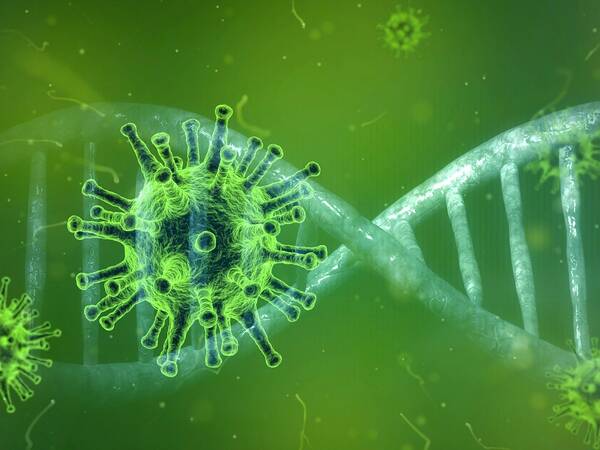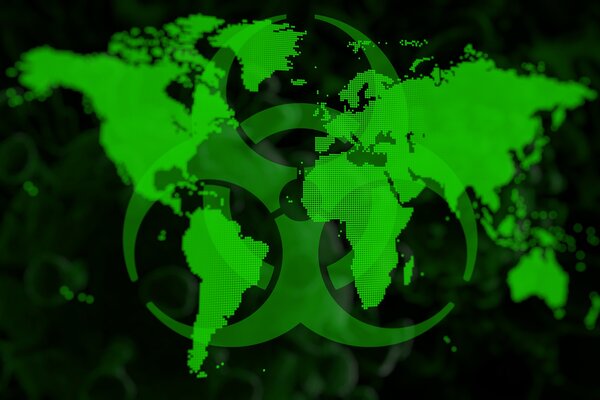

Developing a vaccine against the coronavirus is a race against the clock
The world is currently in the grip of the coronavirus and it’s all hands to the pumps to contain the outbreak. Unfortunately, at present, there is no vaccine that can cure this virus, but I would like to know how soon one will be available. Opinions differ on how long it will take. I read that a vaccine against this new coronavirus will be ready for testing by the end of April at the earliest - at least, according to the Chinese Minister for Science and Technology. However, in mid-February, the head of the World Health Organisation (WHO) reported that it could be another eighteen months before the first vaccine is ready.
A long process
The good news is that Dutch medicine manufacturer Ace Pharmaceuticals in Zeewolde claims that their drug chloroquine (introduced decades ago to treat malaria) could be used to combat corona. Patients in China who were administered this medicine appear to have recovered faster.
That’s a good sign, because developing a vaccine that will get the body’s immune system working to fight a virus is a long process. The search for a vaccine that can beat the coronavirus started on 10 January 2020, when Chinese scientists published the genetic code of coronavirus Covid-19 online. All over the world, people got down to work, not just in government laboratories, but in pharmaceutical companies too.
A new vaccine
So, in China, they reckon they can start tests towards the end of April. Chinese company WuXi Biologix is optimistic. They say they can produce treatments with antibodies in large quantities within four to five months. I can hardly contain my excitement. It took twenty months before a vaccine for SARS, another coronavirus, could be tested on humans. When zika fever broke out in 2015, it only took ten months to produce a vaccine.
Vaccines are our best weapons against diseases that are spread by a virus. Thanks to new techniques, progress in DNA research and better international cooperation, vaccines can be developed much faster than previously. Nonetheless, it remains a time-consuming, expensive and uncertain process. Developing costs can easily run up to 250 million Euros while, on average, only one in ten studies actually produces something. Once we have a vaccine, it still needs to be tested on animals and then on humans. Personally, I believe that it will be next year before we can combat Covid-19 effectively.
Rapid response
What do pharmaceutical companies do to ensure they can react quickly to an outbreak of a new virus like the present coronavirus? These companies are adopting single-use systems more and more often so that they can respond quickly when they develop a medicine. By using these plastic systems for single use, pharmaceuticals reduce the chances of contamination of and interference with the medium. After all, single-use systems are replaced after each batch instead of being reused, rendering elaborate, expensive cleaning procedures unnecessary. And that saves time. All these aspects mean that single-use systems are ideal for emergency situations, like now, with the coronavirus.
Aseptic, plastic single-use process systems enable pharmaceutical companies to introduce vaccines faster while keeping the costs as low as possible. And such matters are undoubtedly relevant when working under pressure to save lives.
